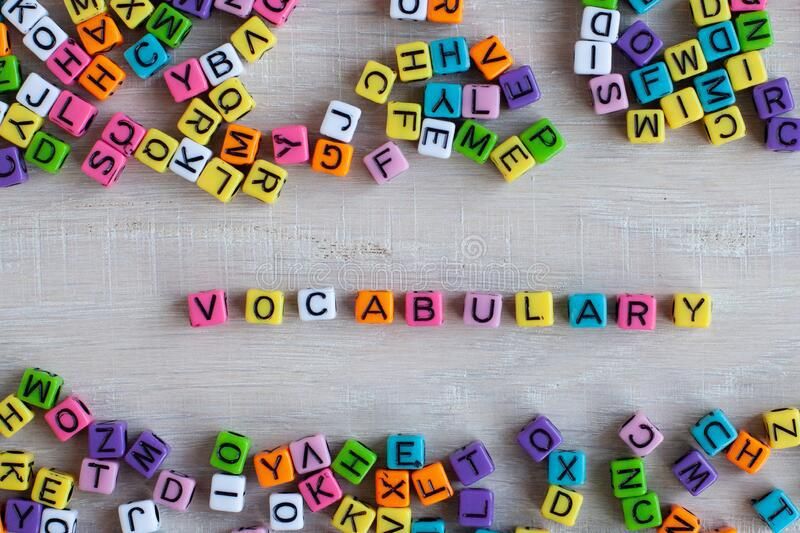Some of my first memories of being in school are learning to read, write, and say the alphabet. After that, we quickly learn about how to formulate those words and sounds into words and sentences to express the feelings and thoughts we want to share with others. The more words you are able to learn, the better you are able to communicate specifics to those around you, and in turn better understand what they are communicating to you. But once we get beyond sad vs. depressed vs. upset, we aren't set for life. Just the same as we continue our education in math, psychology or philosophies into adulthood, we should work to improve our vocabularies as well.
There are a number of email lists, apps, and even podcasts that will teach you a "word of the day;" but if that's too easy for you, you can even do it yourself. Whether that means cracking open a dictionary and learning (and USING!) a new word here and there, or asking about a word someone uses with you that you've never heard before. Even taking the time to google new words that you come across is not only a great way to learn, but is extremely satisfying, and doesn't leave you relying on context clues to figure out what's being presented to you.
While learning your new words, keep in mind that every language is unique. English has around 500,000 words, but Finnish has 800,000, and French has less than 200,000. In Romanian, they do not have a word for shallow, it's simply not deep. In Swedish, "lagom" means there is a perfect amount of something, and we do not have a direct, one word English translation for that. Keeping yourself open to learning new words or phrases outside of English can change up and broaden your vocabulary even further - but there's still 500,000 words in English for you to worry about in the mean time.
Using fancy words can have the connotation of seeming posh or conceited, and so knowing exactly how to use your new words is important as well. Never use a word in a professional setting that you aren't 100% sure on - that will just end bad if you're called out by someone who does know the word well. But if you're out with friends or family, it's a great conversation starter to talk about a new word you heard the other day. Does anyone else know it? What do you think the root of the word is from? Have they ever heard anyone use it? This is a great way to gauge how "stuck up" a word may be, if that's a worry weighing on your mind. But honestly, as long as you use your new word with confidence, it can be great for your ego and self-esteem.
Extending your vocabulary can help you better convey your thoughts and feelings, and can easily impress those around you with your ever growing word bank. Reading mindfully and doing purposeful research will reward you with meaningful conversations with those around you, and you can turn your "word of the day" into a bonding event with your friends and family.



















